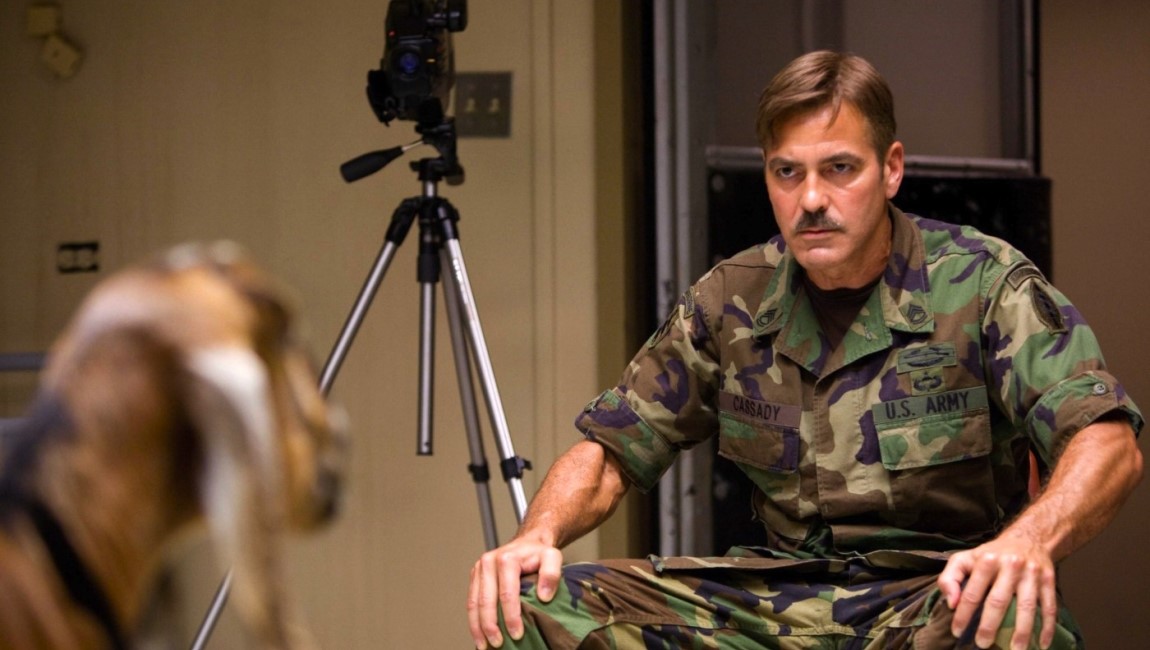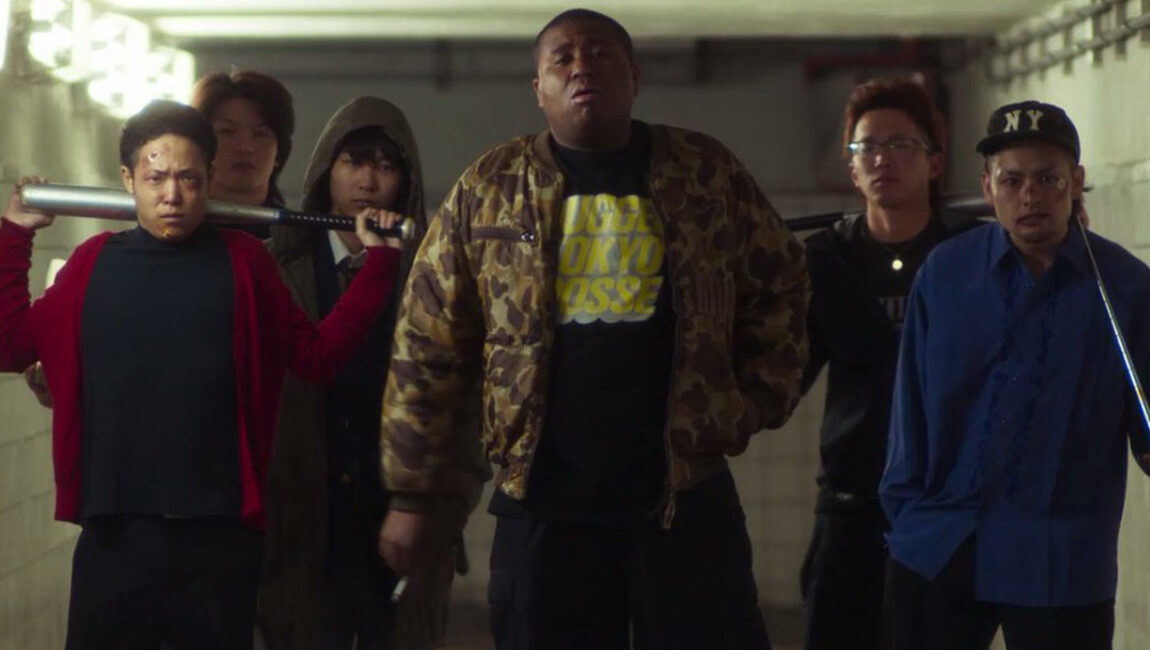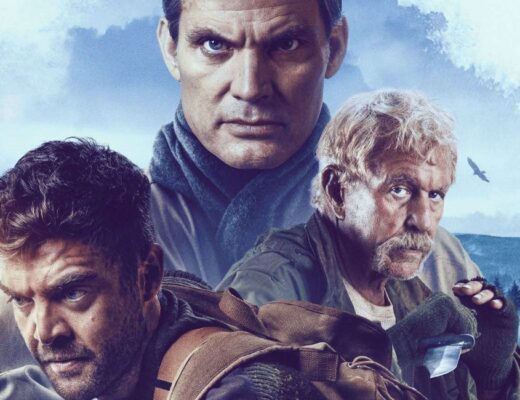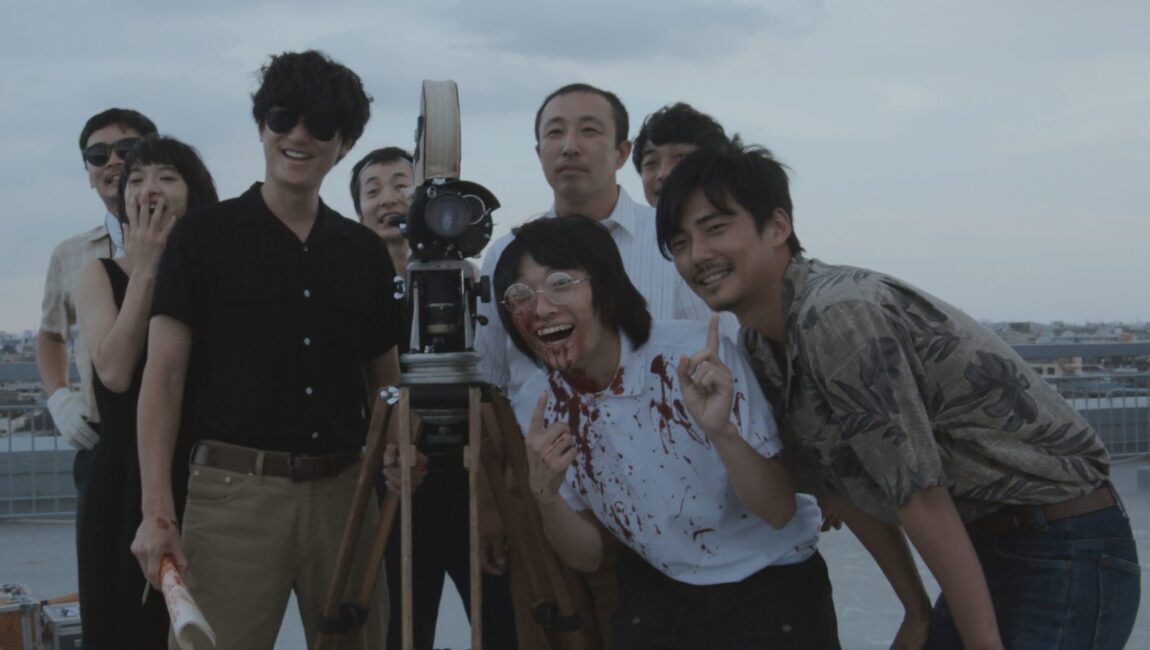In its early ’90s milieu, its parade of ghastly coifs and mustaches, and its earnest attempts to mine modern investigative journalism for gleeful belly laughs, Grant Heslov’s The Men Who Stare At Goats bears a superficial resemblance to this season’s other truth-is-stranger-than-fiction satire, Steven Soderbergh’s The Informant! No small wonder, as both films are produced by Hollywood’s golden boy triple-threat George Clooney, whose appreciation for exhaustively researched exposé has colored much of his creative work this decade. And yet after reverently tipping his hat to the Edward R. Murrow legacy in Good Night, and Good Luck, and grappling hard with the intricacies of Robert Baer’s geopolitical memoir See No Evil (Syriana was the muddled, big screen outcome), what does it say that Clooney is now, a mere four years later, recasting serious journalism as absurdist farce? Circa 2009, is this the only way to process these cautionary tales of conspiracy and corruption? Can we do nothing but laugh in stunned disbelief at these bizarre but telling real-life accounts from the hallowed halls of our government and financial institutions?
There isn’t much to laugh at in The Men That Stare At Goats — which is not to say, alas, that everyone involved isn’t doing their damnedest to stretch and distort the material (“inspired by true events,” the movie warns) into something that resembles actual comedy. Based on a nonfiction book by Joe Ronson, who was investigating the correlation between paranormal research and psychological torture techniques in the U.S. military, Goats doesn’t for a second take its subject matter seriously. As directed by Heslov, who co-wrote and produced Good Night, and Good Luck, it’s a featherweight farce populated exclusively by hambones and Hollywood heavyweights playing dress-up. Ewan McGregor, sporting his least convincing American accent yet, plays a young journalist who jets off to Kuwait when his wife leaves him. It’s here that he meets Lyn Cassady (Clooney, sporting his least convincing mustache yet), a former Special Units operative trained as a psychic spy during the Reagan administration. Lyn, who fancies himself a bona fide “Jedi Knight,” is poised to embark on a spiritual journey through the desert. Sensing a good story, McGregor’s excitement-starved reporter tags along, and promptly gets mixed up in the knotty backstory of his mysterious guide. Eschewing both his trademark swagger and the unhinged, screwball zaniness of his Coen Bros. collaborations, Clooney seems stranded in some deadpan dead zone of his own creation. McGregor, the straight man at the center of this madcap nonsense, is similarly defeated by the film’s manic frivolity — narrating with blank-faced incredulity, he sounds more bored than he did spouting George Lucas’s tin-eared bon mots. As the two stars bicker and jabber their way through the desert, acting out the most painfully unfunny mismatched-buddy comedy since Ishtar, Heslov keeps taking scenic detours into the flashbacked past, a theme park version of the ’60s and ’70s starring a slumming battalion of familiar faces. Hey, there’s Jeff Bridges, in Lebowski ponytail and digs, playing the hippy dippy leader of the psychic soldiers, whose search for counter-cultural enlightenment is trivialized as a series of New Age platitudes and clichés. And there’s Kevin Spacey, doing the uptight peckerwood routine he’s been lazily recycling since Glengarry Glen Ross.
By the time past and present plot strands intersect — a narrative culmination that hinges on a bunch of badly overacting mega-stars pretending to freak out on LSD — you’ll begin to get that Tropic Thunder or Ocean’s 12 feeling again, that sense that you’ve just funded a goof-off vacation retreat for self-satisfied Hollywood royalty. A comedy of nattering inconsequentiality, The Men Who Stare At Goats can scarcely muster the conviction to decide if its estranged spooks are crackpots or the real deal. It seems to alternately regard its outlandish “true” story with whimsical awe and sarcastic condescension, occupying some bet hedging ideological middle ground. For all its candy-coated cynicism, The Informant! at least had a point of view: even in a pervasive culture of greed, even when surrounded by weasels and scoundrels, we have individual choices to make, ones that we can and should be held responsible for. Heslov’s satire is the worst kind, really, the kind that has no point or position, that hasn’t much to say about anything. The intrigue lies not in whether any of this is actually true, but in how Clooney and Co. were able to see nothing but an opportunity for slapstick hijinks in such incisive material.







